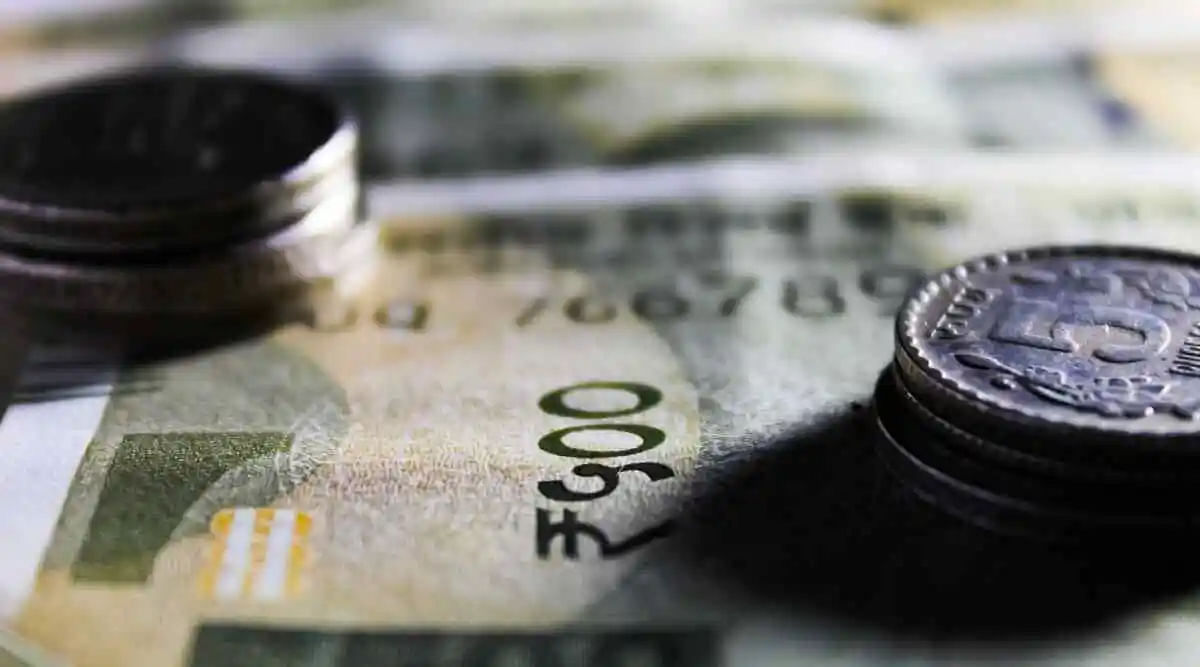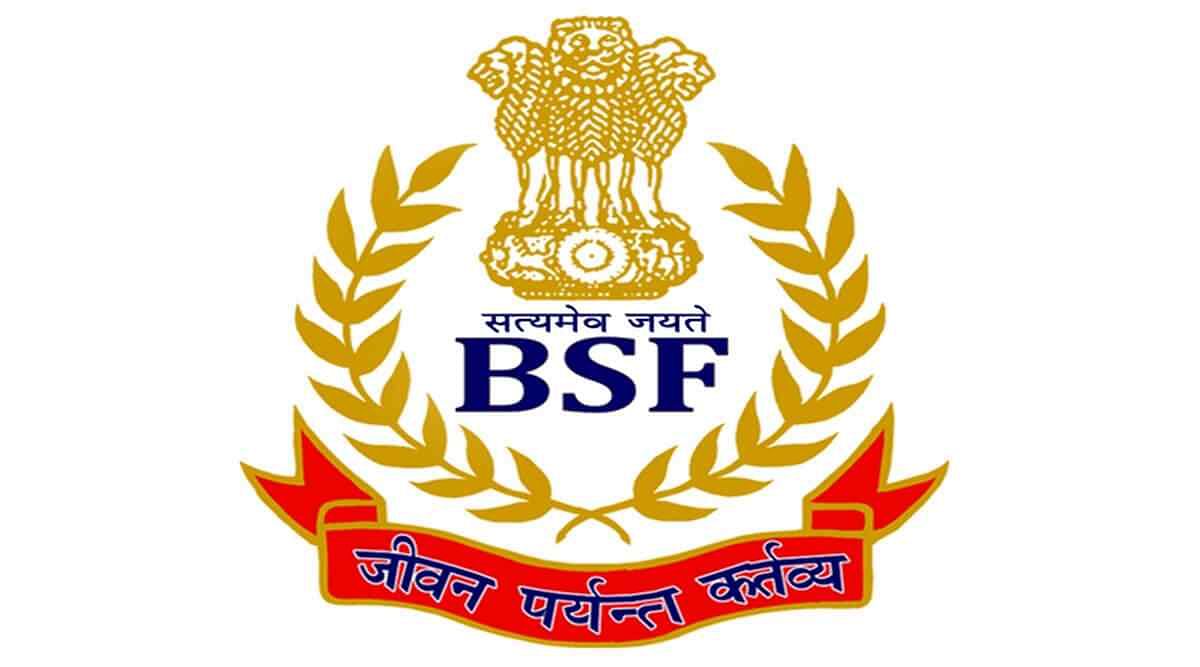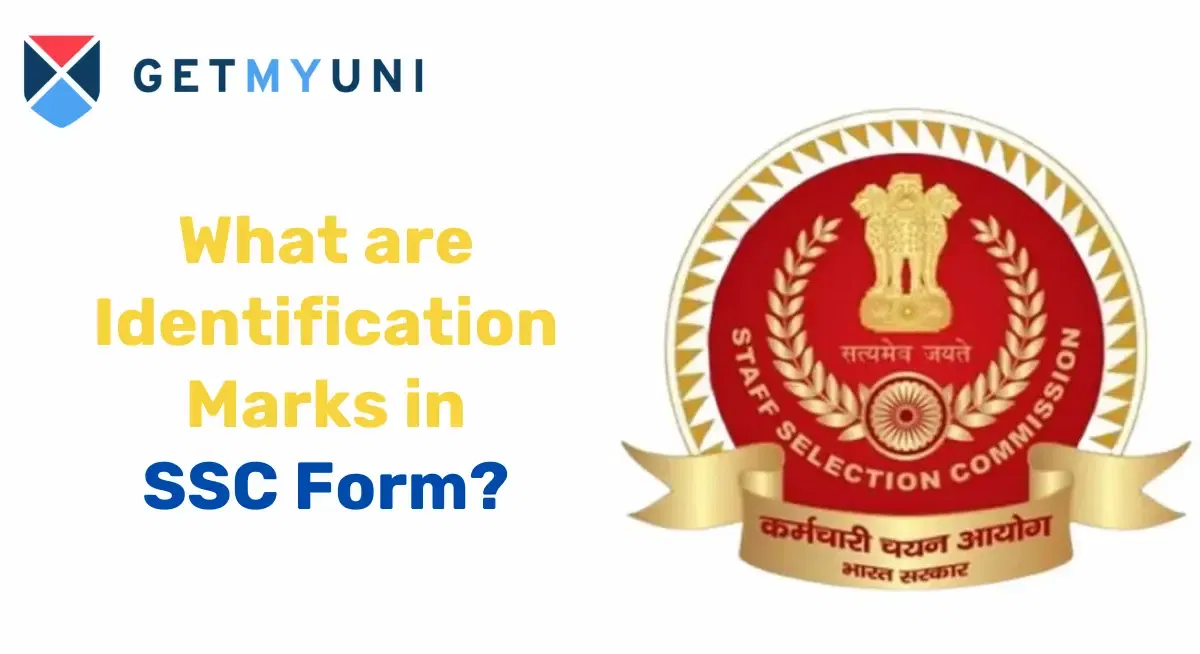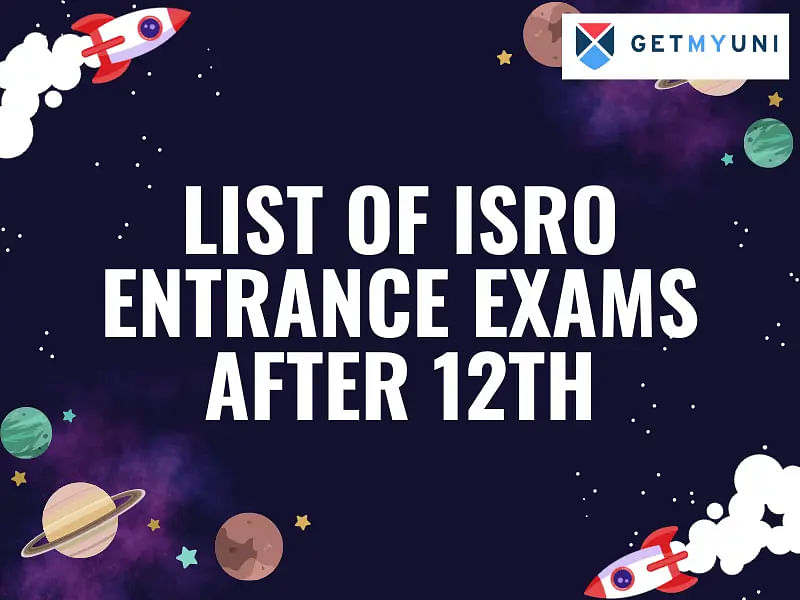DGP salary structure in India ranges from Rs 56,100 to Rs 2,25,000 per month. Various allowances and deductions are provided on top of the in-hand earnings of a DGP.
Table of Contents
Candidates aspiring to pursue a career in the Indian Police Services should be aware that the DGP salary starts from Rs 56,100 (excluding Travel Allowance, Dearness Allowance, and House Rent Allowance) and goes up to Rs 2,25,000 Per Month for the rank of a DGP. In India, the Director-General of Police (DGP) receives a salary determined by the 7th Pay Commission of India.
The DGP is the highest-ranking official within the Indian Police Services in the state administration, which requires at least 25 years of exceptional police service. The selection of a Director General of Police is made through a committee appointed by the Indian Police Service Cabinet.
In addition to the basic monthly DGP salary, they are entitled to various allowances consistent with those provided to other IPS officers, such as Dearness Allowance (DA), Travel Allowance (TA), House Rent Allowance (HRA), Gratuity, and leave travel allowances, among others.
Salary Structure for Director-General of Police
DGP of the state starts their career as IPS officers and are finally promoted to Director General of Police after 25 years of continuous service. Thus, the DGP salary includes the same allowances as IPS officers. The various allowances that are added along with the DGP Salary are shared below:
|
Description |
Amount (INR) |
|
Grade Pay (Rs.) |
94,500 |
|
City-wise HRA (X cities) |
X cities (27%) - Rs. 60,750 |
|
DA (42% of Basic Pay) (Rs.) |
94,500 |
|
Deduction (NPS) (Rs.) |
31,950 |
|
Deduction (Income Tax) (Rs.) |
35,000 |
|
Gross Salary (Rs.) |
3,19,500 |
Also Read: Full Form of IPS, IAS, ACP, API, SSC: Check All Police Related Terms
Monthly In-Hand Salary of Director General of Police (DGP)
The monthly in-hand DGP Salary is the income received by the officer after the deduction of various contributions and taxes. These deductions typically include contributions to the Central Government Health Services (CGHS), the National Pension Scheme (NPS), various insurance schemes, and applicable taxes, which play a role in shaping the final amount credited to the officer's bank account.
As of the latest available information, the in-hand salary of a DGP stands at an impressive Rs. 2,52,550 per month. This figure reflects the core earnings that a DGP takes home each month.
However, it's important to note that this figure can vary based on the officer's years of service, state or region of service, and other variables that might affect the overall compensation structure. The structure of the Inhand Salary of a DGP is shared below:
|
IPS Salary Component |
IPS Officer Salary per Month |
|
Pay Band |
INR 56,100 |
|
Grade Pay |
INR 0 |
|
Dearness Allowance (DA) |
INR 1,000 |
|
House Rent Allowance (HRA) |
INR 4,000 |
|
Transport Allowance (TA) |
INR 3,000 |
|
Gross Salary |
INR 64,000 |
|
Deductions |
INR 10,000 (Approximately) |
|
IPS Officer In-hand Salary |
INR 54,000 (Approximately) |
Also Read: List of Government Jobs After MBA: Top Profiles, Salary, Packages, Incentives
Allowances and Benefits For Director General of Police (DGP)
The compensation structure for the Director General of Police (DGP) in India encompasses a range of benefits, ensuring an attractive salary package and various facilities. The DGP is entitled to the following allowances and perks:
-
Dearness Allowance (DA): Dearness Allowance (DA) is an allowance provided to DGPs in India to offset the impact of inflation on their cost of living. The objective of the Dearness Allowance is to adjust the basic salary and pension to ensure that individuals can maintain a reasonable standard of living despite the rising prices of goods and services.
-
Travel Allowance (TA): Travel Allowance (TA) is a financial benefit provided to DGPs to cover the expenses associated with official or personal travel. This allowance is designed to reimburse for the costs they incur while traveling for work-related purposes.
-
House Rent Allowance (HRA): House Rent Allowance (HRA) is a component of the DGP salary to cover their rental housing expenses.
-
Driver: An appointed government driver is at the service of the DGP for both official and personal use. The driver is available for fast transportation to the location of a crime.
-
Peon: A designated office attendant assists the DGP with administrative tasks like sending posts, letters, and appointments, contributing to the smooth functioning of the DGP's office.
-
Personal Assistant: A personal assistant is assigned to handle the DGP's schedule, manage correspondence, and assist with various administrative tasks, enhancing efficiency and organization.
-
Official Vehicle: An official vehicle is provided to meet the DGP's transportation needs for commuting to the office, attending official meetings, field visits, and other official purposes.
-
Government Medical Facility: The Central Government Health Scheme (CGHS) ensures comprehensive healthcare facilities for the DGP and their family, covering outpatient care, hospitalization, and other medical services.
-
Gratuity: Gratuity for a Director General of Police (DGP) refers to a lump sum amount provided by the government as a token of appreciation for the services rendered by the DGP upon their retirement. Gratuity is a form of retirement benefit and is intended to support the individual financially as they transition out of active service.
-
Provident Fund: A portion of the DGP's salary is contributed towards the Provident Fund, providing financial security upon retirement. As of 2021, DGPs contribute 10% of their basic pay and dearness allowance to the Provident Fund. Considering an IPS officer with a 30-year service tenure and a basic pay of Rs. 80,000, their cumulative Provident Fund contribution would approximate Rs. 72 lakhs, factoring in an assumed annual increment of 3%.
-
Leave Encashment: Money is received in exchange for leave not availed by the DGP, constituting a significant component of retirement benefits.
-
Leave Travel Allowance/Tour Allowance: Provided to cover travel expenses during the DGP's leave, this allowance is intended to address the costs of domestic travel.
Also Read: RRB Group D Salary - In-hand Salary, Job Profile
Factors Affecting DGP Salary
Several factors which influence the salary of a Director General of Police are shared below. Candidates who are preparing to become IPS officers should understand these factors to gain insight into salaries across different states and regions:
1. Years of Professional Service as an IAS Officer
The number of years a DGP has served in the police force can significantly impact their salary. Typically, officers with more years of experience may receive higher salaries, reflecting their seniority and expertise in law enforcement.
2. State or Region of Service
The specific state or region a DGP serves also plays a crucial role in determining their salary. Different states and union territories in India may have varying salary structures and allowances for DGPs. These differences can result from variations in the cost of living, administrative policies, and economic conditions in different regions.
3. Additional Roles and Responsibilities
As mentioned, DGPs may hold additional roles and responsibilities influencing their overall income. Assuming leadership positions in organizations like the Intelligence Bureau (IB) or the Central Bureau of Investigation (CBI) can lead to a higher compensation package. These additional roles often require a DGP to juggle multiple responsibilities and roles, reflecting the increased workload and the associated increase in remuneration.
Also Read: Top 10 Trending Jobs in India
Job Profile of a Director General of Police (DGP) in the Indian Police
The DGP holds the highest rank in the State or Union Territory (UT) police hierarchy. Their role and job profile include a range of critical responsibilities, including maintaining law and order within the state, executing various police policies, and overseeing multiple police divisions.
- Maintaining Law and Order in State and Union Territory:
The most important duty of the DGP is to uphold law and order within the state or UT. The most important task of DGP is to ensure strict adherence to laws and regulations while swiftly addressing any disruptions that may threaten the tranquility of the region.
- Implementation of Policing Policies to Maintain Law and Order:
DGP plays a vital role in carrying out policing policies and procedures. They ensure that all police operations adhere to established policies made by the state.
- Supervision of Police personnel in States and UTs
Since DGP is the highest-ranking officer in the state police department, they supervise all police personnel in states and Union territories.
Also Read: Top 10 Easiest Government Exams to Crack in India























POST YOUR COMMENT